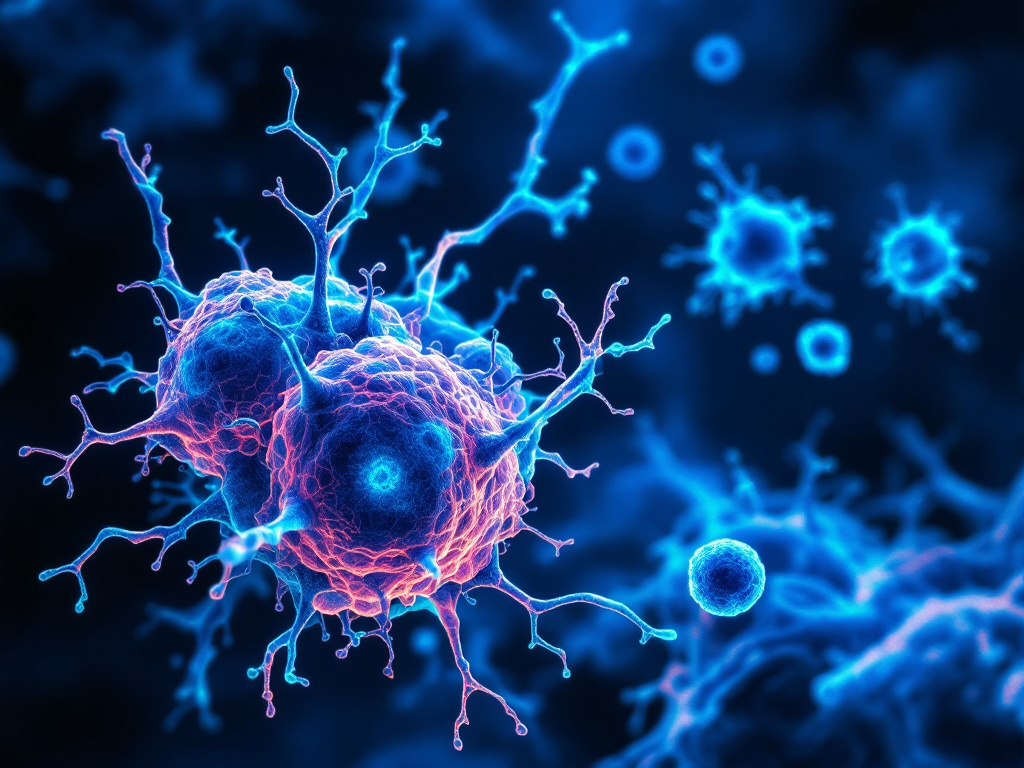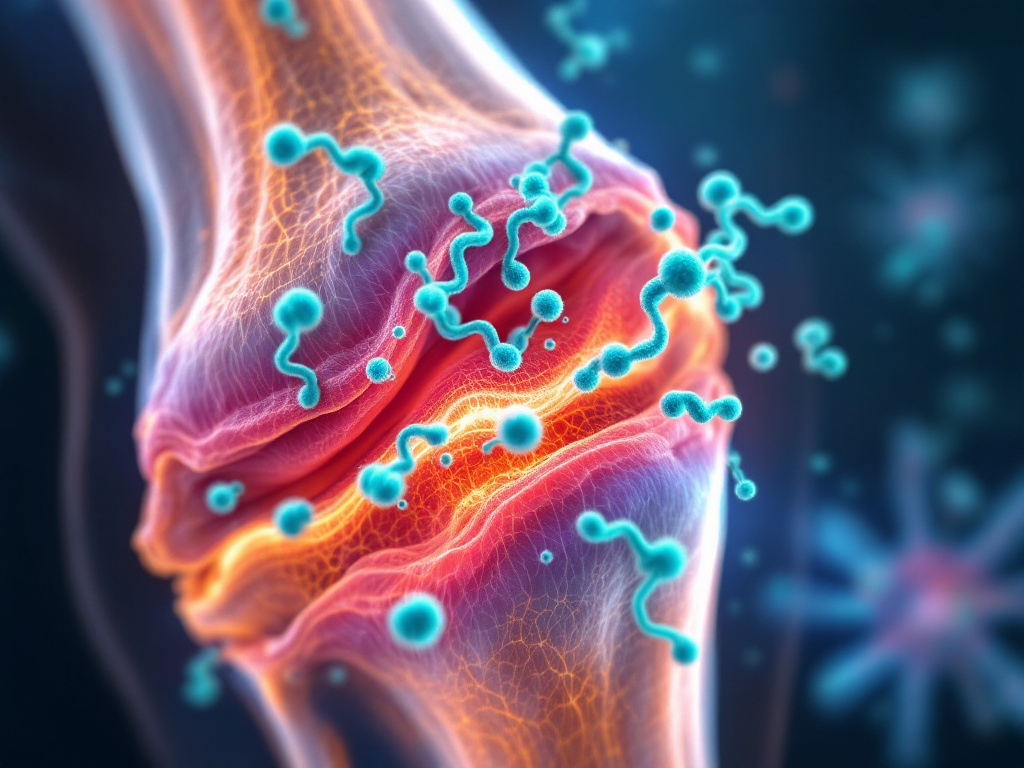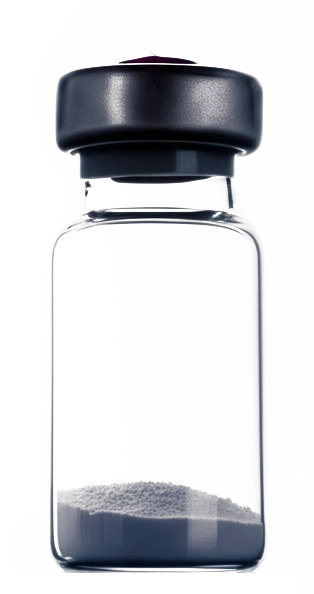Therapeutic peptides are gaining prominence in modern medicine as a novel approach to treating various diseases. These short chains of amino acids offer several advantages over traditional small molecule drugs and biologics, including high specificity, reduced toxicity, and ease of synthesis. Their ability to interact with specific biological targets makes therapeutic peptides an attractive option for developing targeted therapies. The rising interest in peptides for medical treatment stems from their potential to address unmet medical needs across a spectrum of conditions, from cancer to autoimmune disorders.One of the key areas where therapeutic peptides are making significant strides is in cancer therapy. Peptides can be designed to target specific receptors on cancer cells, delivering cytotoxic payloads directly to the tumor while sparing healthy tissue. This targeted approach minimizes the side effects associated with conventional chemotherapy. Furthermore, peptides for cancer therapy can stimulate the immune system to recognize and destroy cancer cells, offering a dual-pronged attack on the disease.Beyond cancer, therapeutic peptides are showing promise in the treatment of infectious diseases. Antimicrobial peptides, naturally produced by many organisms, exhibit broad-spectrum activity against bacteria, viruses, and fungi. These peptides for infection control can disrupt microbial membranes, inhibit intracellular processes, and modulate the host immune response. As antibiotic resistance continues to rise, antimicrobial peptides offer a potential alternative to traditional antibiotics.In addition to their direct antimicrobial effects, therapeutic peptides can also promote tissue repair and wound healing. Peptides for wound healing can stimulate cell migration, angiogenesis, and collagen synthesis, accelerating the healing process. These peptides can be particularly beneficial in treating chronic wounds, such as diabetic ulcers, which are often resistant to conventional therapies. Peptides for tissue repair represent a promising avenue for regenerative medicine, offering the potential to restore damaged tissues and organs.The versatility of therapeutic peptides extends to neurological disorders as well. Peptides can be designed to cross the blood-brain barrier and modulate neuronal activity, offering potential treatments for conditions such as Alzheimers disease and Parkinsons disease. Peptides for neurological disorders can protect neurons from damage, reduce inflammation, and promote neuronal survival. Hormone replacement peptides are also used to treat hormonal imbalances, such as growth hormone deficiency and menopause.However, the development of therapeutic peptides is not without its challenges. One major hurdle is their susceptibility to degradation by proteases in the body. To overcome this, researchers are developing modified peptides with increased stability and resistance to enzymatic breakdown. Another challenge is their limited bioavailability, as peptides are often poorly absorbed after oral administration. Strategies to improve bioavailability include encapsulation in nanoparticles, conjugation to carrier molecules, and modification of the peptide sequence.Despite these challenges, the potential of therapeutic peptides in modern medicine is undeniable. Ongoing research and development efforts are focused on optimizing peptide design, improving delivery methods, and expanding the range of therapeutic applications. As our understanding of peptide biology grows, we can expect to see an increasing number of therapeutic peptides entering the clinic, offering new hope for patients with a wide range of diseases. The role of peptides in drug development is poised to expand significantly in the coming years, driven by their unique properties and therapeutic potential.










